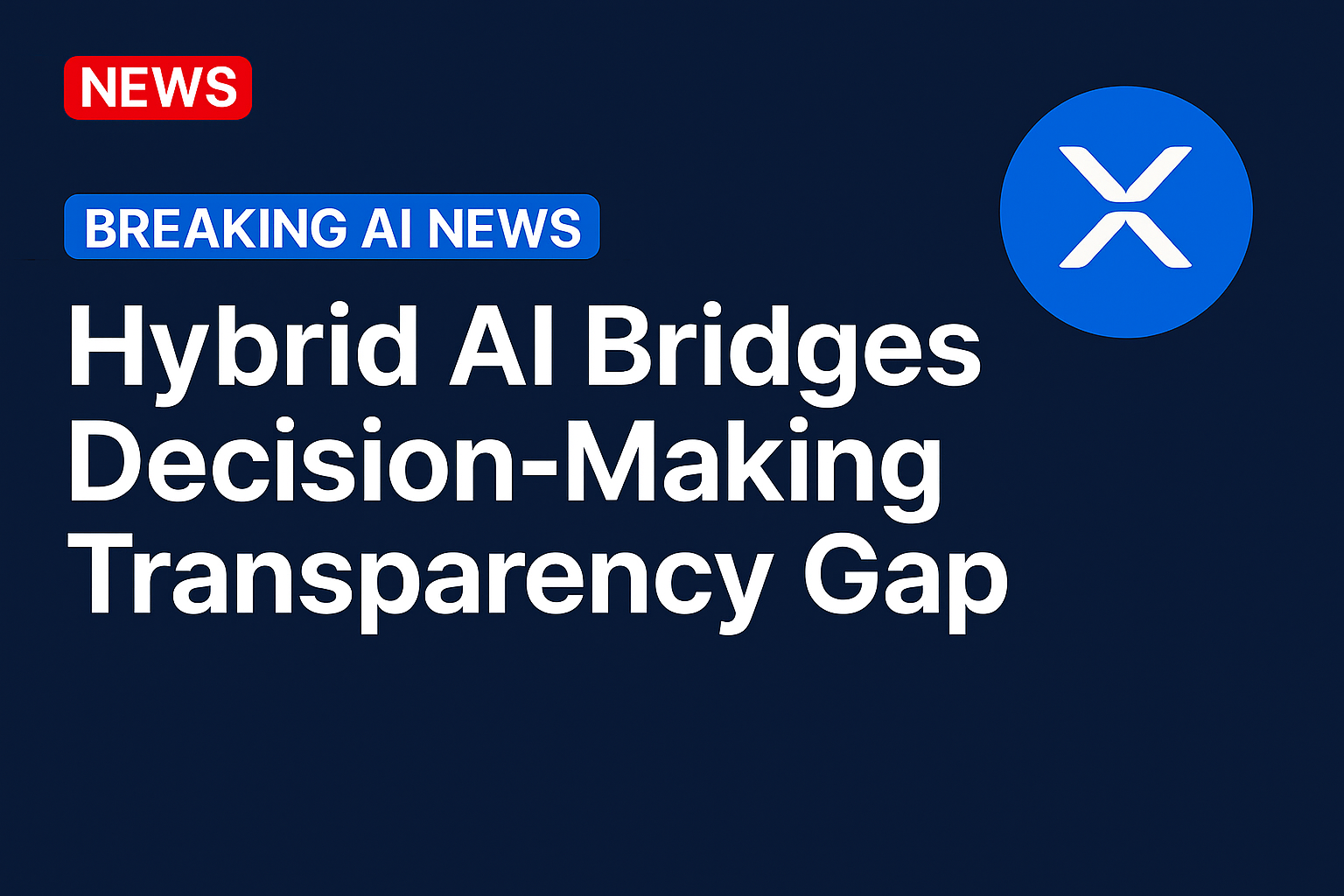Microsoft has announced a significant investment of 14.7 billion reais (approximately $2.8 billion USD) over the next three years to bolster cloud and artificial intelligence (AI) infrastructure in Brazil. This investment aims to solidify Microsoft’s position as a leader in the rapidly expanding cloud and AI markets in Latin America, while also addressing the growing need for digital skills by offering AI training programs to upskill 5 million Brazilians.
Strengthening Cloud and AI Infrastructure in Brazil
Microsoft’s ambitious plan includes the expansion of its cloud computing capacity in Brazil, with a focus on building new data centers and enhancing its AI capabilities. The company is aiming to support local businesses, startups, and public sector organizations with cutting-edge cloud services, AI tools, and advanced cybersecurity infrastructure.
Brazil has seen a rapid digital transformation in recent years, fueled by the increased adoption of cloud computing and AI solutions across various sectors. Microsoft’s investment is designed to accelerate this momentum, helping the country modernize its IT infrastructure and enabling businesses to leverage AI for innovation, efficiency, and growth.
In a statement, Microsoft Brazil President Tânia Cosentino said, “This investment underscores our commitment to fostering technological innovation in Brazil. We are focused on creating an inclusive and sustainable digital future for everyone, supporting the digital transformation of businesses and public services alike.”
Upskilling 5 Million People: Bridging the Skills Gap
A key component of Microsoft’s investment plan is to provide AI training at scale to 5 million people across Brazil. With the rapid rise of AI, machine learning, and automation, there is a growing demand for skilled professionals in the tech industry. However, many countries, including Brazil, face a significant skills gap that could hinder future economic development.
To address this, Microsoft will roll out extensive training programs, both online and in-person, targeting individuals from diverse backgrounds, including students, educators, and workers looking to reskill. The company plans to partner with local educational institutions, government agencies, and non-profit organizations to ensure these programs are accessible to a wide range of people, including those from underserved communities.
“Our goal is to democratize access to AI education and give millions of people in Brazil the tools and skills they need to succeed in the digital economy,” Cosentino added.
The initiative aims to develop a workforce that is well-equipped to meet the challenges of the Fourth Industrial Revolution, empowering individuals to take advantage of emerging job opportunities in AI, data science, and cloud computing.
Driving Digital Transformation in Brazil
Microsoft’s investment aligns with the Brazilian government’s efforts to position the country as a global leader in technology and innovation. As the country continues to embrace digital transformation, the demand for cloud services and AI-driven solutions is expected to grow significantly.
By investing in cloud infrastructure and AI education, Microsoft is not only enhancing its presence in Brazil but also contributing to the broader development of the country’s digital economy. This investment is expected to have a ripple effect across various industries, from finance and healthcare to manufacturing and agriculture, enabling businesses to harness AI and cloud technologies for better decision-making, automation, and improved customer experiences.
The Road Ahead
Microsoft’s 14.7 billion reais investment in Brazil is a clear signal of the company’s long-term commitment to the region. By addressing both the technological and human capital needs of the country, Microsoft is positioning itself as a key driver of Brazil’s digital future.
As the world moves toward an increasingly digital and AI-powered economy, Brazil stands to benefit from this infusion of technology and talent. With Microsoft’s help, the country is poised to strengthen its competitive edge in the global market, creating new opportunities for businesses and individuals alike.
This investment is also a reminder of the broader trend of tech companies making significant bets on emerging markets, recognizing the potential for growth and innovation in regions like Latin America.





